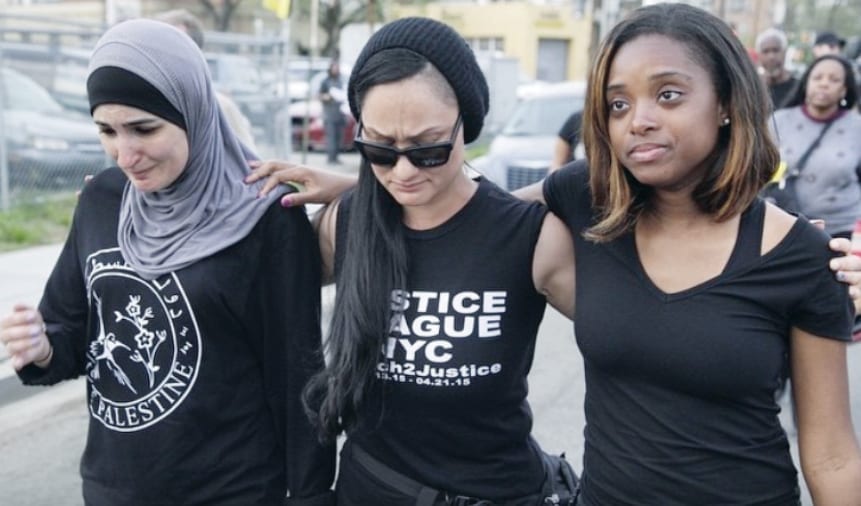By Peter White
NASHVILLE, TN – After Donald Trump got elected, Teresa Shook was so upset she went on Facebook and wrote “I think we should march.” Then she went to bed.
By the time Shook woke up, 10,000 people had endorsed the idea. Shook approached Harry Belefonte and, within days, Tamika Mallory, Carmen Perez, and Linda Sarsour began turning Shook’s idea into a reality. The three are professional organizers and they’re all women of color.
Mallory anticipates 150,000 people marching in Washington Jan. 21. It will be the first protest of any newly-inaugurated president and maybe the biggest demonstration in Washington since 800,000 marched for LGB rights in April 1993, or nearly the number who gathered in there for the 1995 Million Man March.
“I think the country is incredibly polarized right now,” says Dee Clancy, an organizer for the local Women’s March in Nashville Jan. 21.
Clancy knows a lot of people who’re frightened for their future them and their families, she said.
“If we don’t find a way to alleviate that fear and turn some of that fear into positive action then I don’t know how we move forward as a country,” she said.
Clancy said she first thought about 500 people would show up at Nashville’s Cumberland Park between 10 a.m.-1p.m. on Jan. 21, but now three times that number are expected.
People traveling to Washington from the Nashville area are connecting on Facebook at Women’s March on Washington–Tennessee. Some people are getting organized via email: midtn.women.march@gmail.com.
Clancy’s colleague, Darlene Neal, is coordinating trips to Washington from Middle Tennessee. She says about 1,000 Tennesseans will go in buses or carpools and another 250 will find their own way. Neal has never been to Washington before.
“It’s hard to be in Tennessee and not be a Republican,” Neal said. “To know that we have this network that’s up and running across the state is really empowering in a terrible, beautiful kind of way. There are so many new connections and networks all over the country.”
The number of sister-city marches on Jan. 21 has grown from 160 to 300 in just a week Neal said. Marches are planned in at least 50 cities in 20 other countries, the Huffington Post reports.
And the National Council of Negro Women (NCNW) held a conference call with national march organizers to plan their part in Washington.
“The March will include issues critical to African American women and their communities such as pay equity, affordable health care, minimum wage, and criminal justice and voting rights reform,” NCNW announced.
NCNW members are religious- and community leaders in hundreds of places.
“As women in ministry and leaders in our community, we are called to defend human rights and advocate for justice and equality for all,” NCNW said.
“We will work, sing, pray, and unite for justice and equality,” Dr. Cynthia Hale prayed in Decatur, Ga. “As black women, we know that when we show up, energy shows up, moral authority shows up,” said Dr. Barbara Williams-Skinner, co-chair of the National African American Clergy Network.
“We need to be more sophisticated than just talking to one man,” said Tamika Mallory, another national march organizer.
The march isn’t an anti-Trump rally; not a moment to address just one man in Washington.
“We know we have a Senate that just voted … to repeal the Affordable Care Act,” Mallory said. Congressmen “left many issues on the table and we need them to pick them up and ensure our rights are protected during this current session.”
The Supreme Court should protect women’s rights,” Mallory said. Governors, locally elected officials and district attorneys need to get the message that women care about their families.
“We are concerned about our men and children,” she said. “We are holding the community on our backs.”
Organizers have been looking at the program from the March on Washington in 1963 when Martin Luther King made his famous “I Have a Dream Speech.”
“When we had the ’63 March on Washington, women could not speak,” said Rev. Barbara Reynolds of Black Women for Positive Change. “They had a different march on a side street.”
Reynolds asked Mallory if things would be different this time.
“Today,” Mallory replied, “we are not just speaking but rather leading.”


